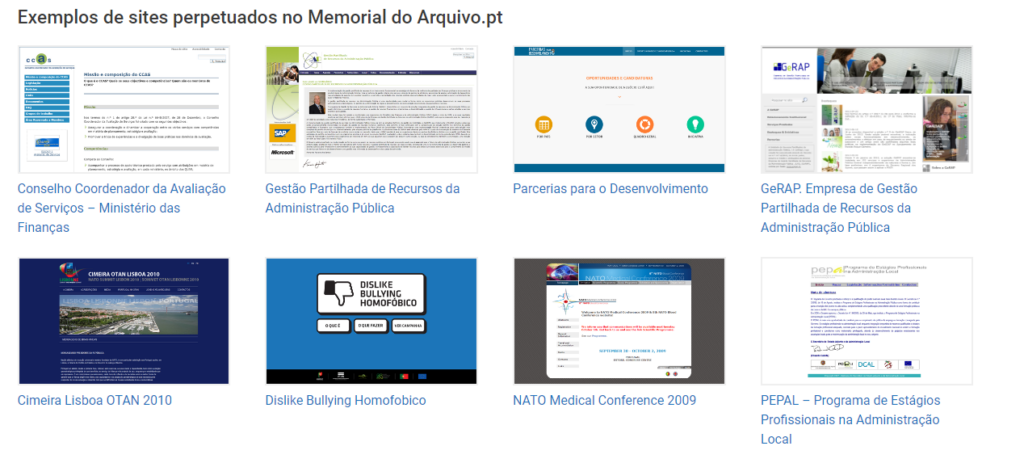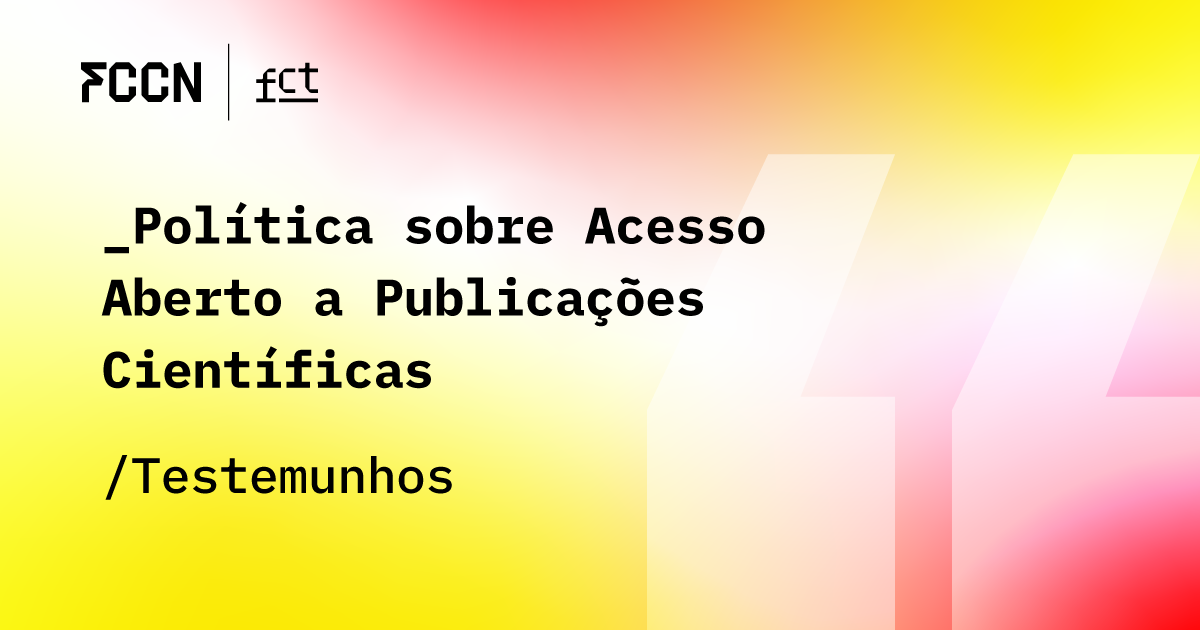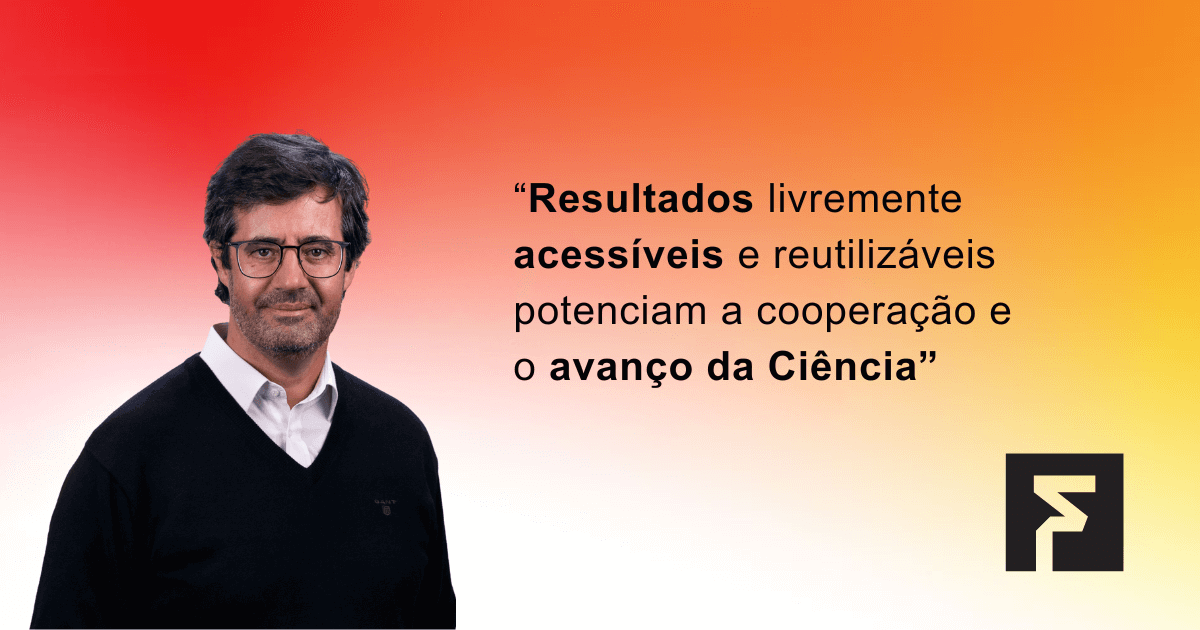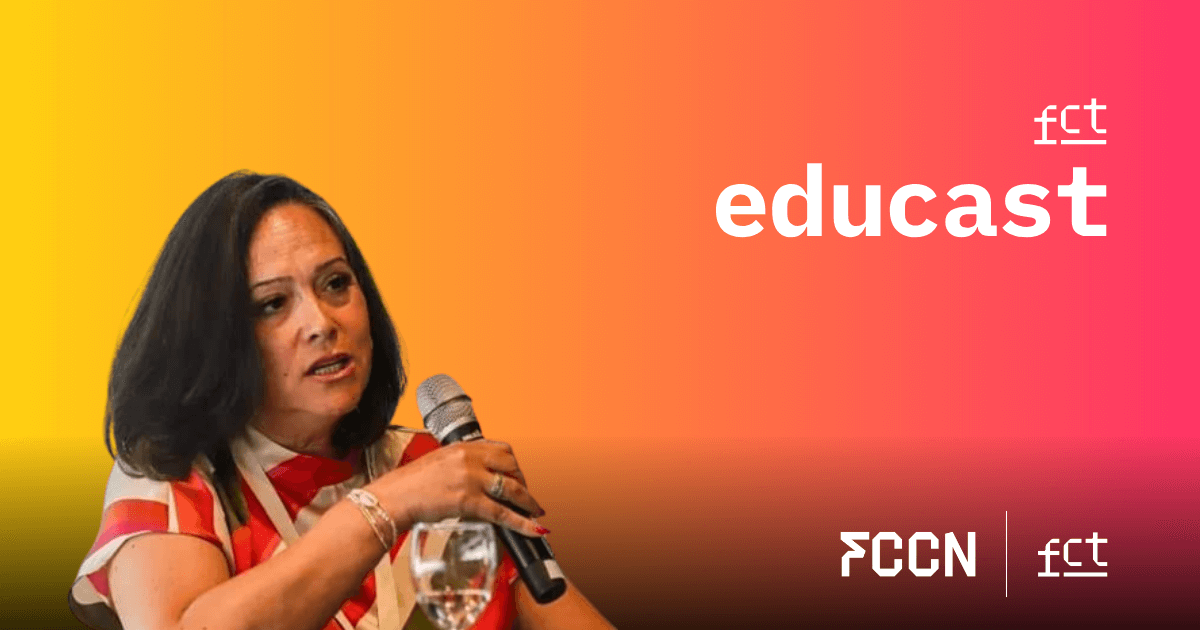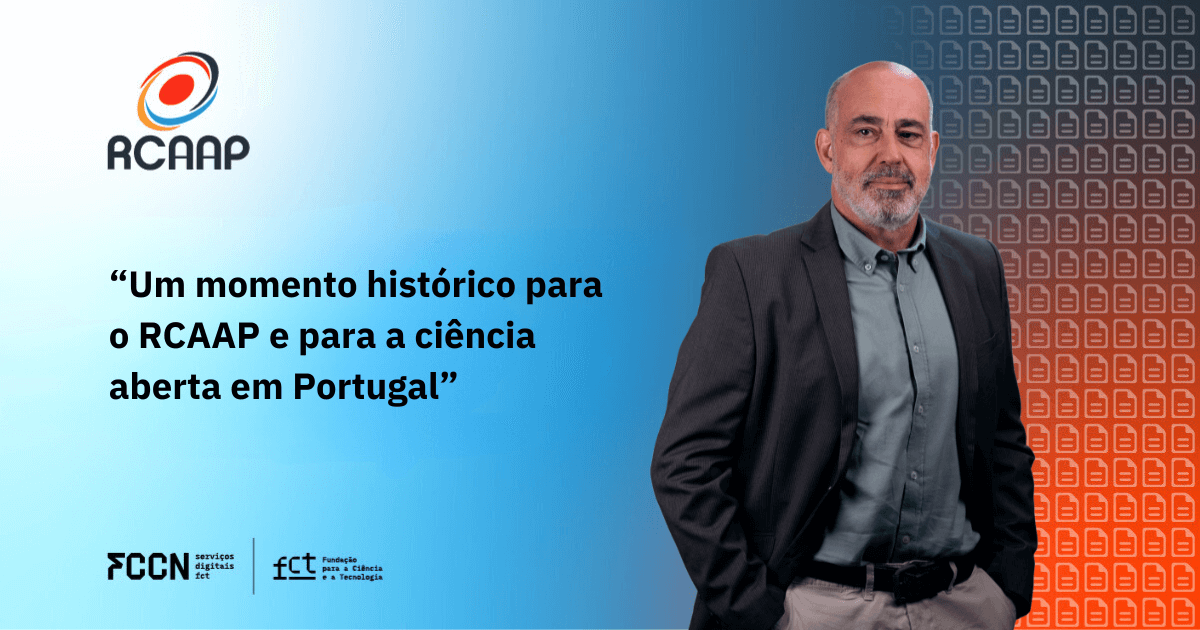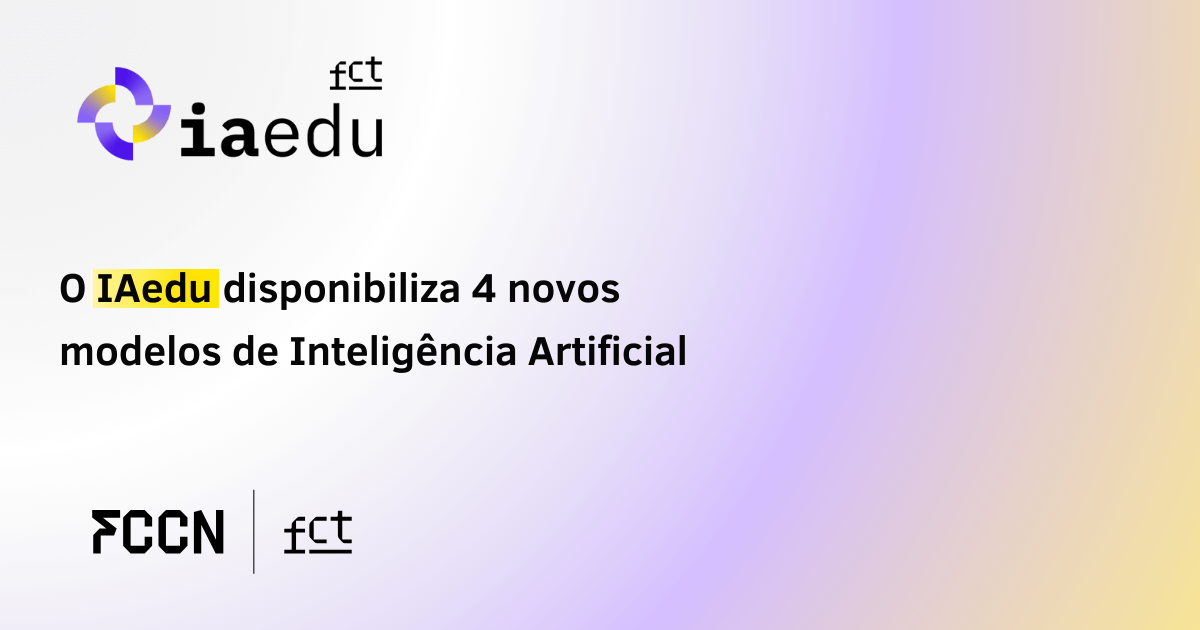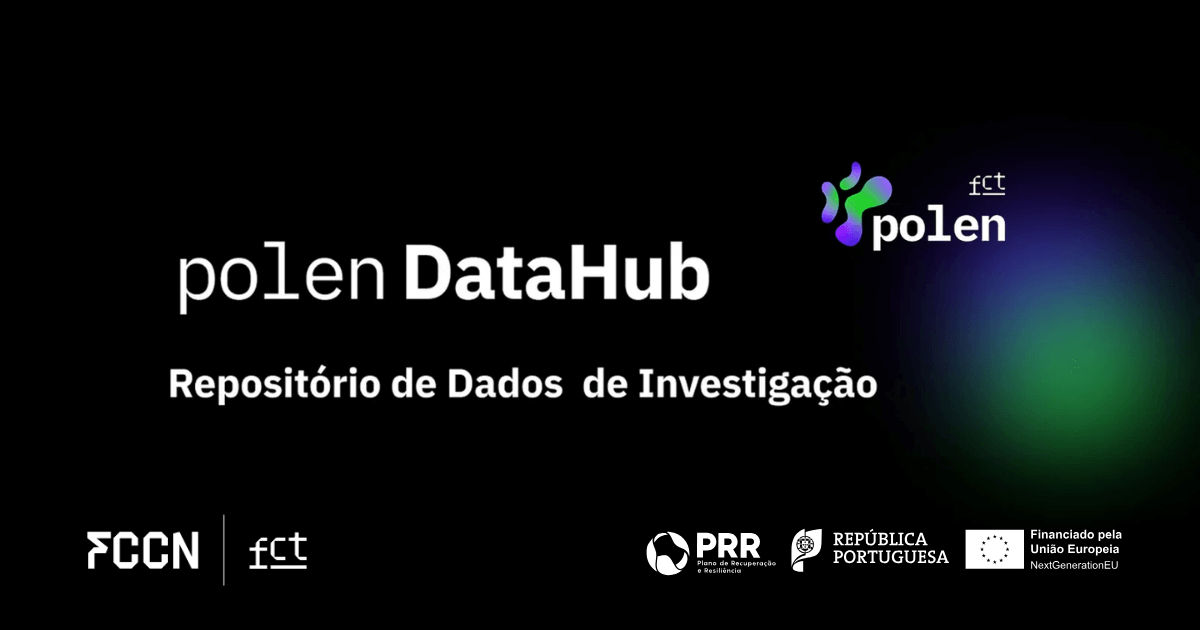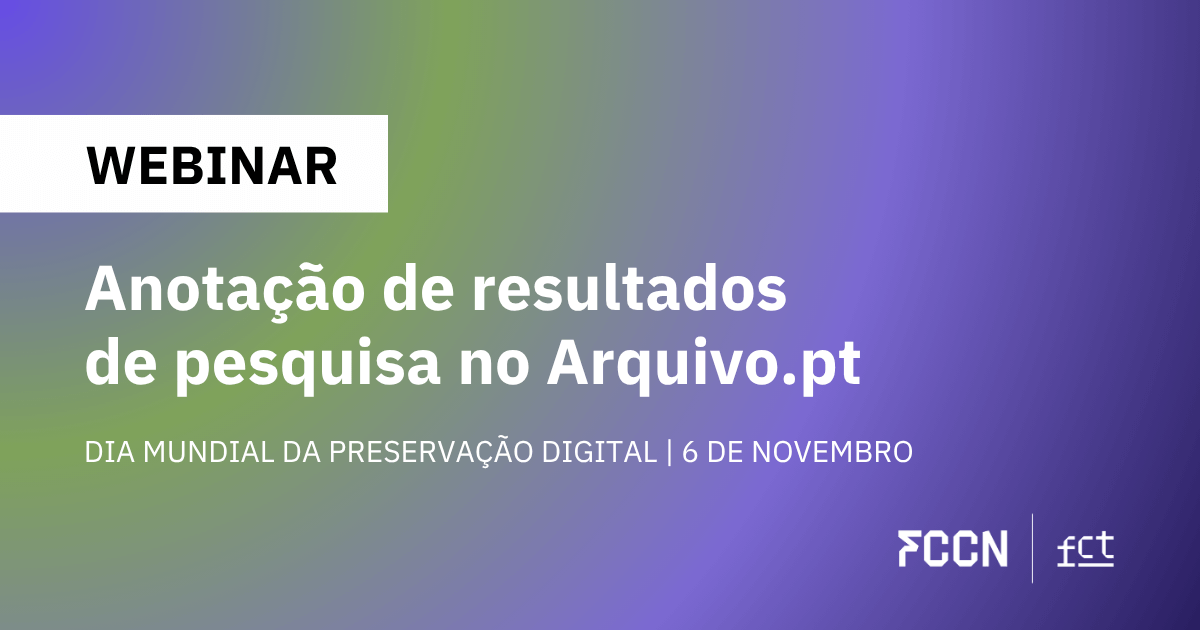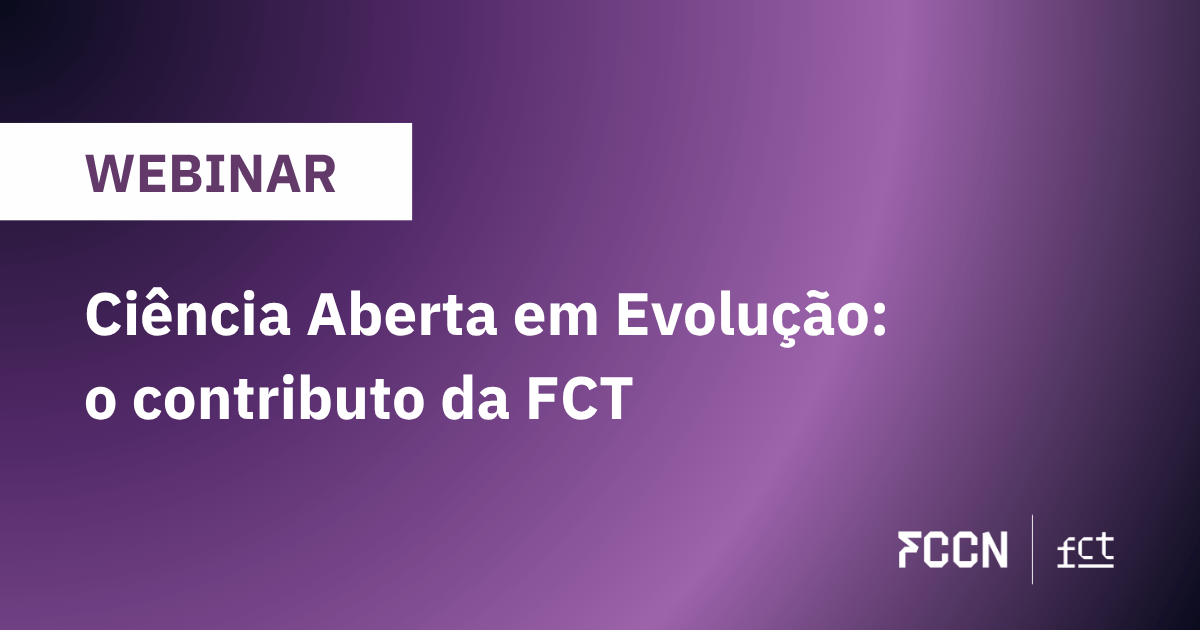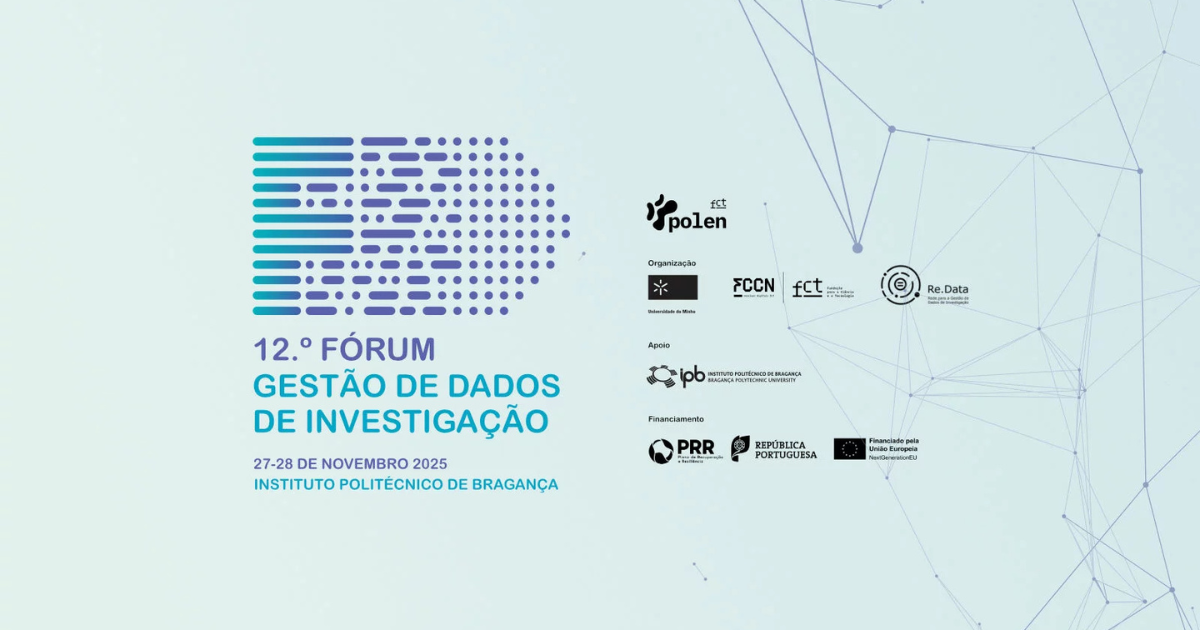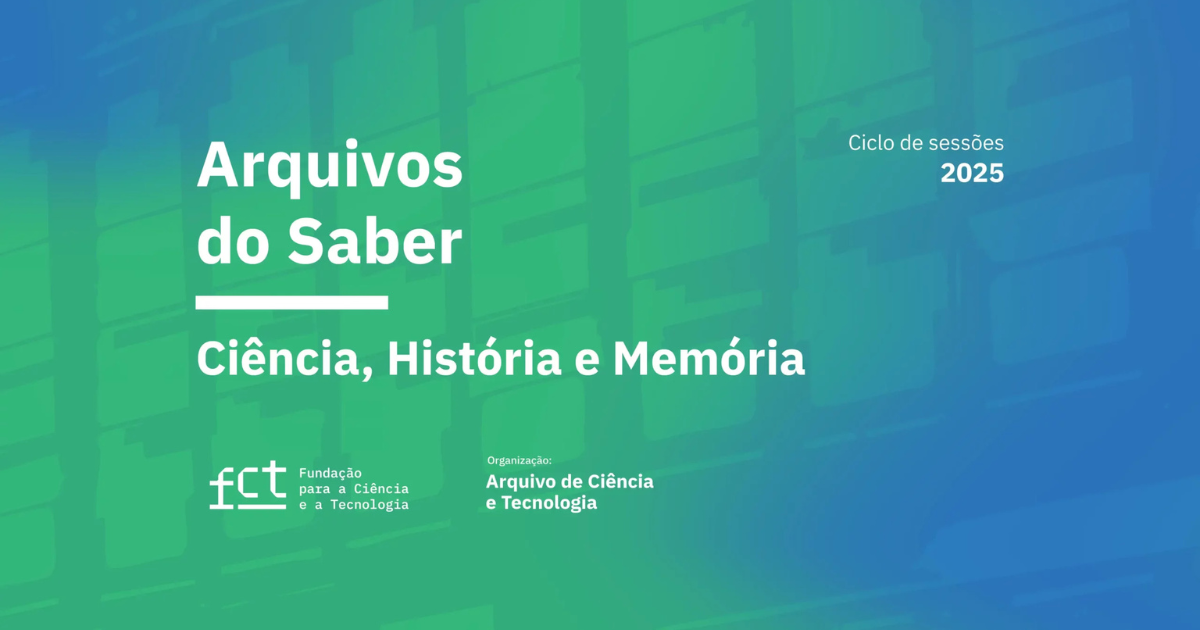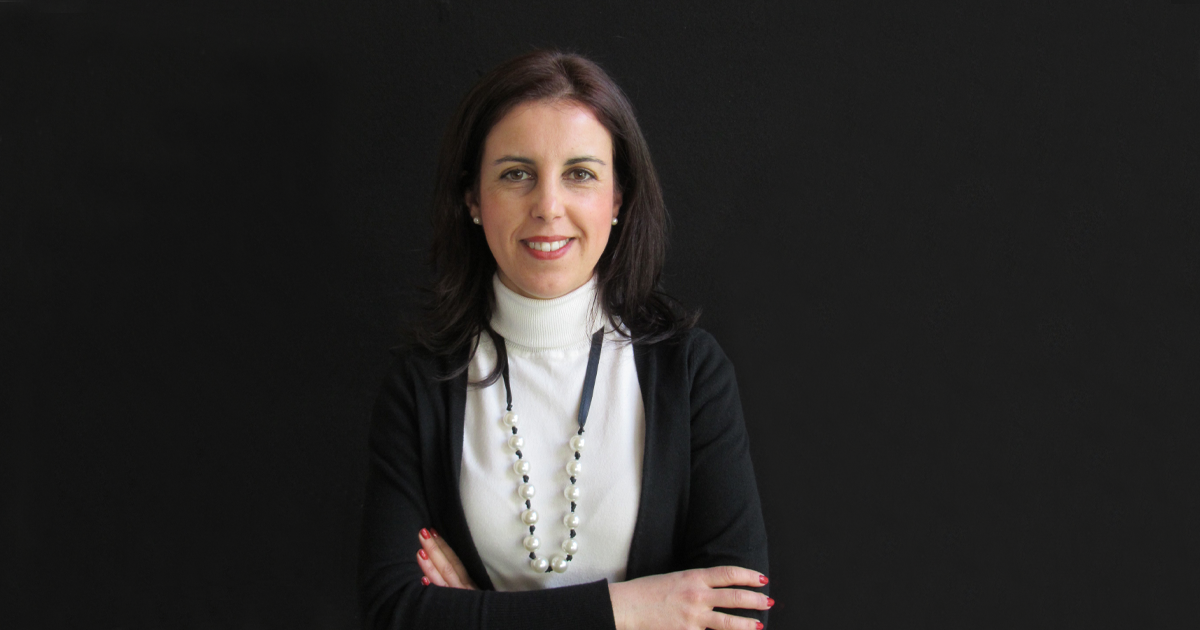
Arquivo.pt's Memorial subservice has been supporting the preservation of legacy websites, helping several institutions reduce costs and avoid security vulnerabilities. Researcher Helena Barranha tells us all about the example of "Unplace" – the digital museum "that has no place."
What should you do when maintaining an old website is a problem? The Memorial do Arquivo.pt subservice, managed by the FCCN Unit, seeks to address this need by preserving old websites and thus offering important support to various types of institutions, organizations, and projects.
"There are countless websites that stop being updated, both in terms of content and software," explains the Area Director of the FCCN Unit, João Gomes, during a video presentation of this Arquivo.pt subservice. This lack of updates, he adds, brings with it "problems with fixed costs, CO2 emissions, and, most importantly, security vulnerabilities," but it is important, however, "that the content remains accessible."
This is the problem that Memorial do Arquivo.pt seeks to address by creating a high-quality collection of the latest version of the website, which remains available on its original domain. The difference, however, is that it is now possible to shut down the machines that support it, reducing the ecological footprint, maintenance costs, and security threats.
The research project unplace is one example of an initiative that used the memorial's services. Helena Barranha, the project's lead, explains that the work had "museums and virtual exhibitions of contemporary art" as its central theme. "We felt it would be important to ensure the digital preservation not only of the project's website, but also of associated content, such as open-access publications," adds the researcher, revealing that, to this end, the team contacted the Arquivo.pt.
According to Helena Barranha, this service met the institution's needs. "Arquivo.pt's collaboration was excellent," she emphasizes, highlighting as its main advantage the fact that Arquivo.pt Memorial "allow access to the research work carried out within the scope of the project between 2014 and 2015." "This content may be of interest not only to other researchers studying related topics, but also to students, curators, and artists, or even non-specialist audiences curious about digital art and online museums," he emphasizes.
You can learn more about the Memorial do Arquivo.pt through the project website.
